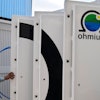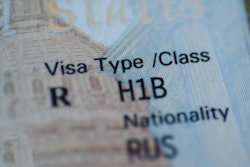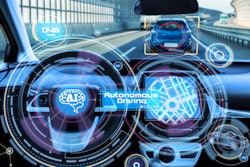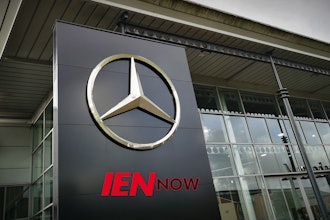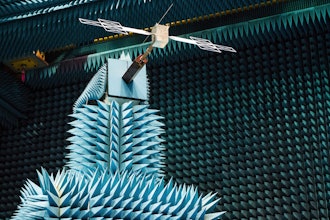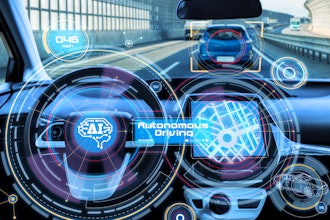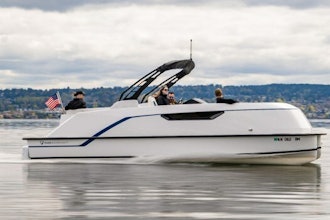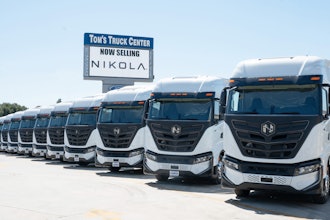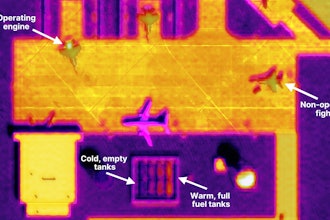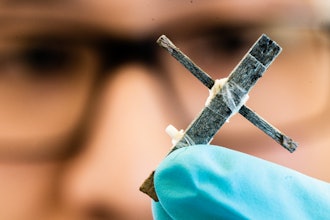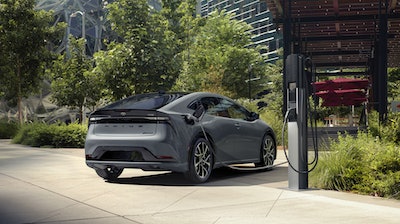
Toyota Motor North America today announced "Empact," a new vision to aid the transition of underserved communities to a future of electrified mobility.
Empact is based on the combination of "environmental impact," focusing on the company's movements towards carbon neutrality, and "empowering action," which represents the efforts Toyota is making to design a more equitable and inclusive deployment strategy within underserved communities. The strategy centers on three fundamental areas: access to charging, providing affordable mobility solutions, and reducing carbon emissions.
To address access to charging, Toyota will work with partners and cities to identify ideal locations for charging station deployment to serve customers more efficiently. Initially, targeted locations will include places without off-street or private parking, including areas of higher population density in multi-family housing.
For affordability, Toyota will explore how to enable more cost-effective public charging to allow for greater adoption of battery electric vehicles. For example, DC fast charging can be up to nearly three times more expensive than home charging, which disproportionately burdens those who rely on public charging.
Toyota will also continue providing a portfolio of electrified vehicle options as part of the "Beyond Zero" vision, including four hybrid electric vehicles starting under $31,000, two plug-in hybrid electric vehicles, and the all-electric Toyota bZ4X. Lexus also provides eight electrified vehicle options, including the all-electric RZ 450e.
Toyota's KINTO mobility solution is exploring how to support this endeavor by improving access to zero-emission rental vehicles for business or personal use, allowing more drivers to benefit from battery electric vehicles without the expense of vehicle ownership.
The third area Toyota will focus on is reducing emissions associated with vehicle charging, helping to improve air quality for all citizens but especially those in underserved communities who often face a disproportionate share of the burden.
The company has already started working with WattTime, a nonprofit organization that recommends times to charge battery and plug-in hybrid electric vehicles when charging from the grid is forecasted to have lower carbon emissions or is likely to have a lower potential health impact over the long term to people who live near power plants.
Additionally, Toyota's Clean Assist opt-in program allows U.S. customers with an active Remote Connect trial or subscription and a Toyota or Lexus BEV, or Toyota or Lexus PHEV in California, to get 100 percent of their charge matched with renewable electricity.
Toyota will advance the implementation of its Empact vision on a per-project basis, with the first programs being announced later this year.

